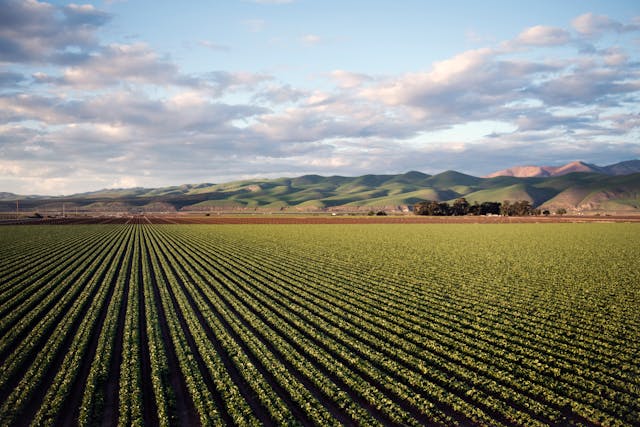Water management is a critical aspect of maintaining healthy and productive poultry farms. Proper water management practices ensure that poultry have access to clean and safe water, which is essential for their growth, health, and overall well-being. This article delves into the importance of water management in poultry farms and explores effective strategies to optimize water usage and quality.
The Importance of Water in Poultry Farming
Water is a fundamental nutrient for poultry, playing a vital role in various physiological processes. It is involved in digestion, nutrient absorption, temperature regulation, and waste excretion. Poultry, like all living organisms, require a consistent and adequate supply of water to thrive. Dehydration or poor water quality can lead to significant health issues, reduced growth rates, and decreased egg production.
Physiological Functions of Water
Water is essential for the digestion and absorption of nutrients. It helps in breaking down feed and transporting nutrients throughout the body. Additionally, water is crucial for maintaining body temperature, especially in poultry, which are highly susceptible to heat stress. Adequate water intake helps in dissipating heat through respiration and evaporation, preventing overheating and associated health problems.
Moreover, water is necessary for the excretion of waste products. It aids in the elimination of toxins and metabolic by-products through urine and feces. Without sufficient water, the efficiency of these processes is compromised, leading to the accumulation of harmful substances in the body.
Impact on Growth and Production
Water quality and availability directly influence the growth and productivity of poultry. Birds that do not receive enough clean water may exhibit reduced feed intake, slower growth rates, and lower body weights. In laying hens, inadequate water supply can result in decreased egg production and poor egg quality. Ensuring a consistent and clean water supply is therefore essential for optimizing the performance and profitability of poultry farms.
Effective Water Management Strategies
Implementing effective water management strategies is crucial for maintaining the health and productivity of poultry. These strategies encompass various aspects, including water quality monitoring, proper water delivery systems, and regular maintenance practices.
Water Quality Monitoring
Regular monitoring of water quality is essential to ensure that poultry have access to clean and safe water. Water should be tested for contaminants such as bacteria, viruses, and chemical pollutants. Common water quality parameters to monitor include pH, hardness, and the presence of harmful substances like nitrates and heavy metals. Implementing filtration and treatment systems can help in maintaining optimal water quality.
Water Delivery Systems
Efficient water delivery systems are vital for ensuring that poultry have continuous access to water. Nipple drinkers and bell drinkers are commonly used in poultry farms. Nipple drinkers are preferred for their ability to reduce water wastage and contamination. They provide a controlled water flow, minimizing spillage and keeping the litter dry. Bell drinkers, on the other hand, are suitable for larger flocks and can be easily cleaned and maintained.
It is important to regularly inspect and clean water delivery systems to prevent the buildup of biofilm and other contaminants. Proper placement of drinkers, ensuring they are at an appropriate height and easily accessible to birds, is also crucial for efficient water consumption.
Regular Maintenance Practices
Regular maintenance of water systems is essential to prevent issues such as blockages, leaks, and contamination. Cleaning and disinfecting water lines, drinkers, and storage tanks should be part of routine farm management practices. Additionally, monitoring water consumption patterns can help in identifying any abnormalities or potential health issues in the flock.
Implementing a water management plan that includes regular inspections, cleaning schedules, and contingency measures for emergencies can significantly improve the overall water quality and availability on poultry farms.
Conclusion
Water management is a critical component of successful poultry farming. Ensuring that poultry have access to clean and safe water is essential for their health, growth, and productivity. By implementing effective water management strategies, including regular water quality monitoring, efficient water delivery systems, and routine maintenance practices, poultry farmers can optimize water usage and enhance the overall well-being of their flocks. Investing in proper water management not only improves the performance of poultry but also contributes to the sustainability and profitability of poultry farming operations.









